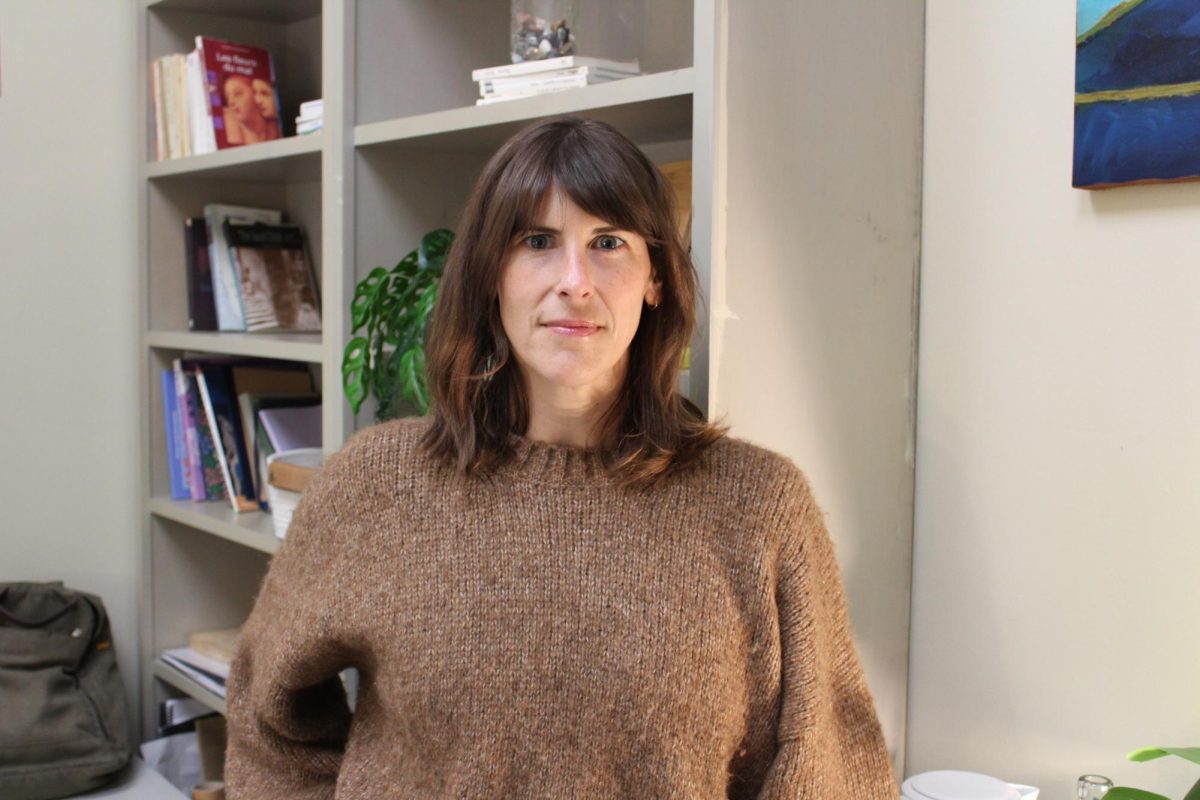Understanding mental health while studying abroad
Viewing Wofford from an outside perspective of approximately 6,000 miles away makes for a unique experience. From watching friends hang out on the weekends to hearing about speakers on campus, I have to admit that even amidst my new and unforgettable adventures, I’ve experienced my fair share of FOMO (Fear of Missing Out.) Aside from things I’m missing, I’ve also noticed some positive changes on campus, including increased mental health awareness. Between social media posts of Greek organizations raising money and emails from the wellness center, I can see feel the outreach from abroad.
It’s been encouraging to feel the community come together to address mental health. As I wrap up my semester in Israel, I feel it’s only appropriate to address some mental health concerns that can arise specifically while studying abroad. Studying abroad is a completely different experience than studying at Wofford and therefore, comes with its own set of challenges.
For me, the experience hit me when I realized the difference between “abroad anxiety” and “anxiety abroad.” Before leaving, I spent months analyzing how my semester in Israel would go, setting goals for myself and worrying about making friends. This anxiety before and during abroad of having certain expectations for myself or missing out on events back home is what I would classify as “abroad anxiety” – a worry specifically related to studying abroad, that usually passes after a while. “Anxiety abroad” is a completely different experience – it’s the anxiety that remains once the other is gone or the kind that follows one into the abroad experience.
“Abroad anxiety” and “anxiety abroad” are not necessarily negative experiences. They’re personal and can be strengthening during the few months spent studying in a foreign country. However, in many cases, “anxiety abroad” is simply anxiety, abroad. It can also other include mental health concerns, like depression or bipolar disorder. But either way, I think it’s important to understand that problems at home don’t simply go away in another country. They may pause or change, but rarely does a person’s poor mental health completely improve because of a change in location.
This article isn’t intended to dissuade Wofford students from studying abroad; on the contrary, this experience can be life-changing and fulfilling in ways beyond just academics. It is instead offered as an honest concession that studying abroad is not always perfect. Often times, we find ourselves only posting pictures of the highs and always answering “how is abroad?” with “fantastic” or “great” or “the best time of my life.” These answers may be truthful sometimes, but I’ve only just now realized how those responses cannot possibly explain the whole story.
Based on my own experiences and those of my friends also abroad, studying in a foreign country can be challenging. For some people, it certainly is the greatest time of their lives and a constant adventure they never want to end. However, for most people, as I’ve come to realize, it’s an emotional experience full of many highs and lows that can expose some unrealized internal thoughts and feelings. Traveling, exploring and integrating are incredibly important, but so are awareness of and care for mental health.
Because of this, pre-study abroad should include a mental health evaluation, whether through a professional or on a personal level, and the use of on-campus resources to prepare for a completely different semester. Study abroad programs have their own resources, but it’s common to not even realize that something is wrong until there’s a new country, language and unfamiliar support system. Taking measures to build stability within mental health can make all the difference. I’ve found that using my program director and new friends as resources makes this experience more fulfilling, but I wish I had used the outreach on campus to prepare for the mental adjustment of studying abroad.
My advice to any student wishing to study abroad is simple: gain an awareness of your own mental health before leaving and if you find yourself struggling, reach out. Studying abroad does not magically fix mental health, so understanding yourself and your needs before you go abroad can make all the difference in making abroad a more positive experience.

abroad programs.
































